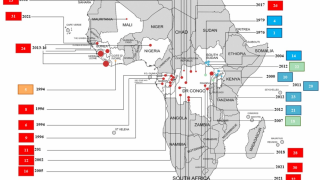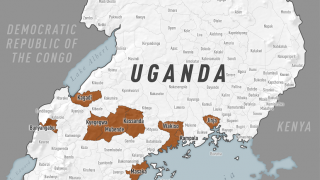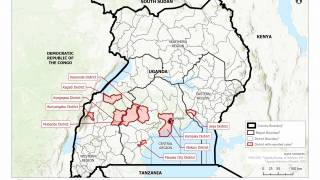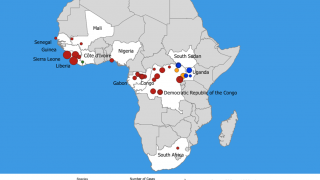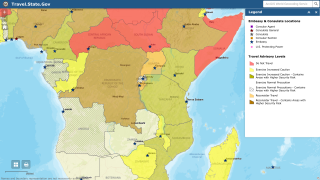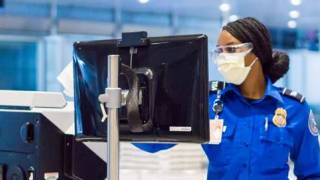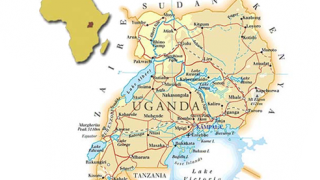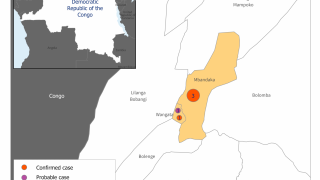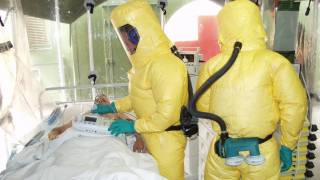CDC Expands Level 2 Travel Alert for the Democratic Republic of Congo

UPDATE: CDC's Level 2 Travel Alert was reissued on April 16, 2019
The Centers for Disease Control and Prevention (CDC) expanded its Level 2 Travel Alert regarding the Ebola Zaire outbreak in the North Kivu and Ituri provinces of the Democratic Republic of the Congo (DRC).
This expanded Travel Alert, Practice Enhanced Precautions, published on March 6, 2019, says ‘travelers to the DRC could be infected with Ebola if they come into contact with an infected person’s blood or other body fluids.
Additionally, travelers leaving the Ebola outbreak area may be subject to travel restrictions or monitoring by ministries of health in other countries and should check in advance for any requirements.
Moreover, any person with possible exposure or Ebola-like symptoms will not be allowed to travel, unless the travel is part of a coordinated medical evacuation.
This is an important CDC Travel Alert since the DRC ministry of health confirmed on March 6, 2019, there are now 907 cases of Ebola and 569 deaths during the 8-month outbreak in the country's North Kivu and Ituri provinces.
At the epicenter of the epidemic in Katwa and Butembo, 43 percent of Ebola patients in the last 3 weeks had no known links to other infected patients.
And, the US State Department updated its Level 3 Travel Advisory on January 31, 2019, saying to Americans 'Do not travel to the eastern DRC and the Kasai provinces.'
There is not a US Food and Drug Administration approved preventive vaccine or specific treatment for the Ebola virus.
However, Merck's V920 (rVSV-ZEBOV) has been approved to use during this DRC Ebola outbreak. Since the start of vaccination on 8 August 2018, 86,346 people have been vaccinated.
The V920 (rVSV-ZEBOV) is a recombinant, replication-competent vesicular stomatitis virus-based candidate vaccine.
Although the risk for contracting Ebola is low for most travelers to DRC, other infectious disease risks remain high, including the risk for malaria.
As of November 2018, nearly 50 percent of people screened in the DRC Ebola treatment centers have been found to have malaria, said the WHO, in a press release.
The CDC says travelers should get these recommended vaccines before travel, take medicine to prevent malaria and avoid bug bites, and follow other precautions to stay healthy and safe, such as following food and water precautions.
To schedule a travel vaccination counseling session with a local pharmacy or doctor, please visit Vax-Before-Travel.
The CDC says travelers should seek medical care immediately if they develop fever, headache, body aches, sore throat, diarrhea, weakness, vomiting, stomach pain, rash, or red eyes during or for 21-days after traveling to the DRC.
This 21-day delay is subject to extension, based upon a new study that reported male survivors found Ebola in semen for up to 40 months.
Before you go to a doctor’s office upon your return to the USA, call ahead and tell the doctor about your recent travel to the DRC and any symptoms you may have.
- Ebola Vaccination Policy Reversed, Pregnant and Lactating Women Now Included
- Ebola Vaccinations Expanding in Central Africa
- Ebola Vaccine Candidate v920 Reported 90% Efficacious in the DRC
The CDC issued its initial Travel Alert regarding the DRC’s Ebola outbreak on August 8, 2018.
Our Trust Standards: Medical Advisory Committee


